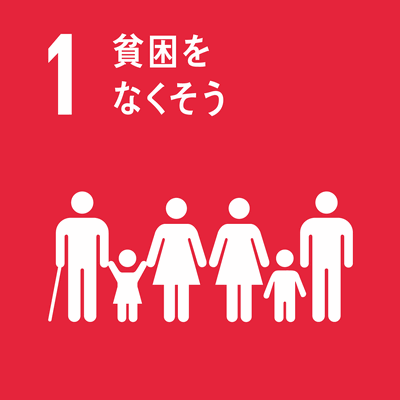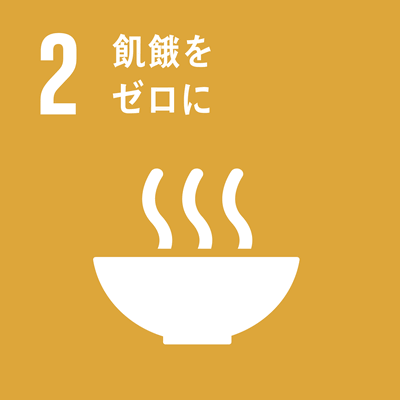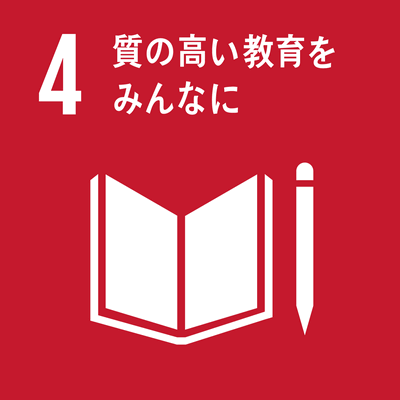シラバス表示
シラバスの詳細な内容を表示します。
→ 閉じる(シラバスの一覧にもどる)
科目の基本情報
| 開講年度 | 2022 年度 | |
|---|---|---|
| 開講区分 | 生物資源学研究科(博士前期課程)資源循環学専攻 | |
| 受講対象学生 |
大学院(修士課程・博士前期課程・専門職学位課程) : 1年次, 2年次 |
|
| 選択・必修 | 選択必修 |
|
| 授業科目名 | 国際・地域資源学特別講義Ⅰ | |
| こくさい・ちいきしげんがくとくべつこうぎいち | ||
| Special Lecture on International Rural ResourceⅠ | ||
| 単位数 | 1 単位 | |
| ナンバリングコード | BIOR-Reso-5371-006
|
|
| 開放科目 | 非開放科目 | |
| 開講学期 |
その他(学習要項・履修要項等を参照してください) |
|
| 開講時間 |
|
|
| 授業形態 |
対面授業 * 状況により変更される可能性があるので定期的に確認して下さい
「オンライン授業」・・・オンライン会議ツール等を利用して実施する同時双方向型の授業 |
|
| 開講場所 | ||
| 担当教員 | ジャガット シリ クララットナ | |
| Jagath Siri Kularatne | ||
| SDGsの目標 |
|
|
| 連絡事項 | * 状況により変更される可能性があるので定期的に確認して下さい |
|
学修の目的と方法
| 授業の概要 | 本講義は資源循環学専攻の選択必修科目である。家畜糞尿など、一次産業から排出される廃棄物を燃料や肥料として活用する資源循環型技術について講義する。本講義は「自然環境を損なわない生物資源の開発、保全、利用に貢献できる生物資源学の専門的な知識」を提供し「科学的で論理的な思考を展開することができ、計画的に問題の解決に取り組むことができる」能力の涵養に知る。英語で講義することで「幅広い教養と倫理観、国際感覚を身につけている」ことにも資する講義である。具体的な講義内容は以下の通り。 Excellent use of waste management leads to more productive, sustainable agriculture that reduces environmental problems caused by animal wastes. This course is designed to cover principles of managing, handling, treating, and applying animal waste from the perspective of biogas energy. We focus on waste characterization, potential environmental impacts, biogas production from animal manure, biogas technology. The assignments include quizzes, presentations, discussions that emphasize problem-solving and critical thinking. |
|---|---|
| 学修の目的 | At the end of this course, students will improve their theoretical and practical understanding of biogas production from animal waste as a sustainable waste management option while using scientific English effectively to communicate this knowledge in written and oral. |
| 学修の到達目標 | 【Knowledge】 To understand the fundamental knowledge of sustainable agricultural practices. To become familiar with biogas production from livestock manure, technology, and benefits. 【Attitude】 To engage in active, student-directed learning. 【Skill】 To refine written and oral communication skills. |
| ディプロマ・ポリシー |
|
| 成績評価方法と基準 | 【Knowledge】 To understand the fundamental knowledge of sustainable agricultural practices: 20% To become familiar with biogas production from livestock manure, technology, and benefits: 30% 【Attitude】 To engage in active, student-directed learning: 20% 【Skill】 To refine written and oral communication skills: 30% More than 60% is required to get a course credit. |
| 授業の方法 | 講義 |
| 授業の特徴 |
その他、能動的要素を加えた授業(ミニッツペーパー、シャトルカードなど) 教員と学生、学生相互のやり取りの一部が英語で進められる授業 |
| 授業改善の工夫 | There are video tours of livestock waste management and biogas plants. Students are expected to involve in active discussions during the lectures and presentation sessions and encouraged to speak freely in English in the classroom. |
| 教科書 | No textbooks. |
| 参考書 | None |
| オフィスアワー | By appointment via email (世話役教員:関谷信人、内線9495) |
| 受講要件 | 特になし |
| 予め履修が望ましい科目 | 特になし |
| 発展科目 | 特になし |
| その他 |
授業計画
| MoodleのコースURL |
|---|
| キーワード | 食糧安全保障、食品の質保証 |
|---|---|
| Key Word(s) | Food security,Food safety |
| 学修内容 | 1. Guidance, Introduction to global food security and food safety. 2. Factors affecting food security: climate change 3. Manure production and characteristics; physical/chemical properties of manure. 4. Student presentation in English and discussions. 5. Environmental issues: water, soil, air, particulates, and odor. 6. Student presentation in English and discussions. 7. Biogas production from farm animal waste: technology, production process, and economic aspects. 8. Composing a short report to review the lecture contents. |
| 事前・事後学修の内容 | Writing reports and preparing for presentations |
| 事前学修の時間:120分/回 事後学修の時間:60分/回 |


